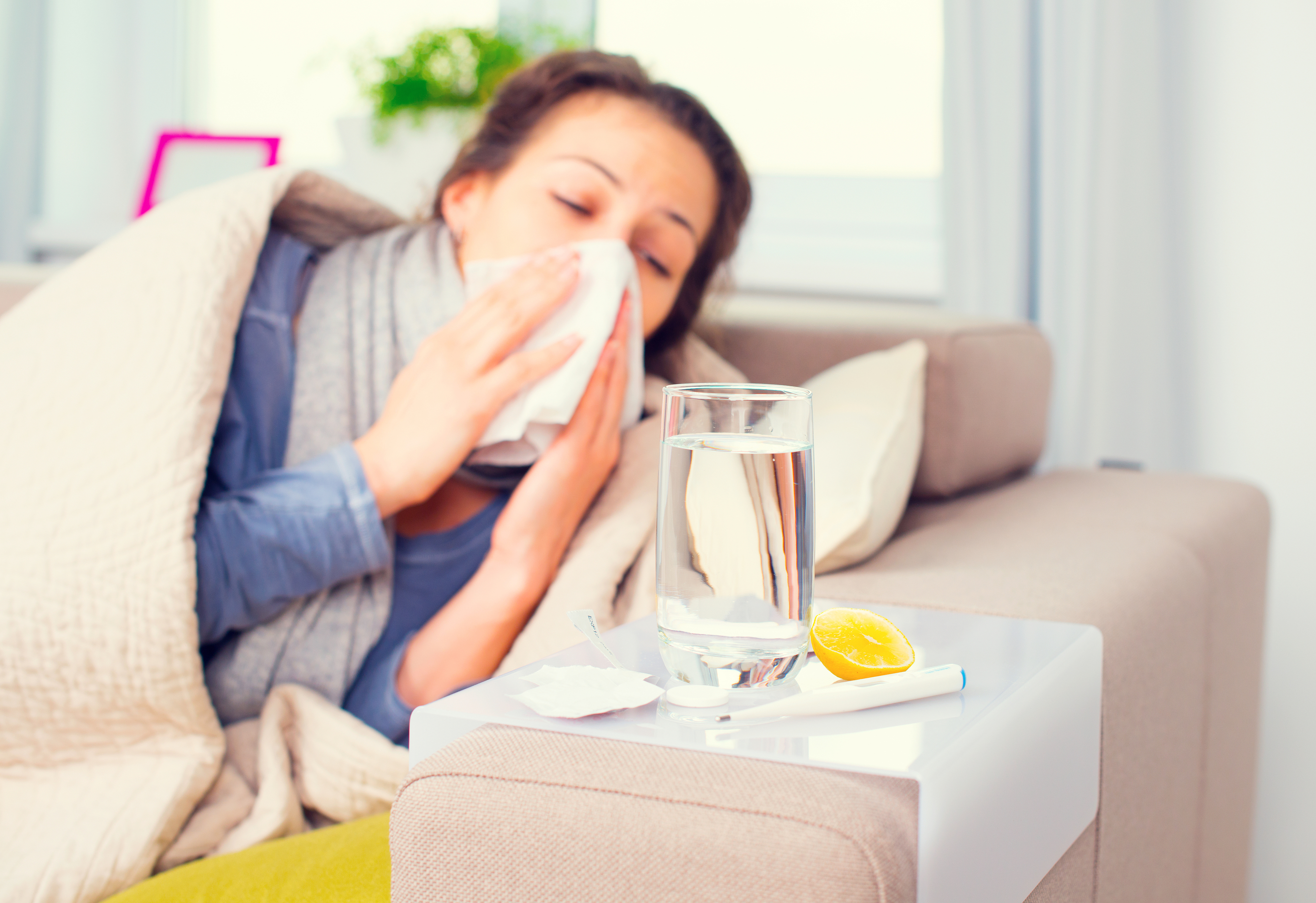

When it starts to change consistency and color, it’s telling you something about what’s happening on a deeper level. When you are blowing your nose or coughing, pay attention to your mucus. Boucher says it really doesn’t matter if you spit it out or swallow it.

When you do cough up phlegm (another word for mucus) from your chest, Dr. If your mucus is dry and you are having trouble coughing it up, you can do things like take a steamy shower or use a humidifier to wet and loosen the mucus. Boucher does not recommend taking a cough suppressant medication. “When you cough up mucus when you are sick, you are essentially clearing the bad guys-viruses or bacteria-from your body.”įor that reason, Dr. Coughing and blowing your nose are the best ways to help mucus fight the good fight. Mucus usually clears itself out of the body as we’ve discussed, but sometimes it needs a little help. When a sickness-causing agent like a virus or bacteria enters your body, the cells that produce mucus kick into a higher gear and pump out more of the slimy stuff, which then picks up the germs. If your body was a nightclub, mucus would be the bouncer-located at all entrances and ready to kick out anyone causing trouble. The simplest cause is not drinking enough water, so stay hydrated to keep your mucus healthy.

Many factors lead to dry mucus, including side effects caused by medication and diseases such as cystic fibrosis. Dry mucus could cause something as innocuous as a dry mouth or itchy eyes or something as serious as lung damage.” “That small difference means the mucus can’t move or coat surfaces as it should. “The difference between a 98 percent water mucus and a 92 percent water mucus can be fatal,” Dr. Those same bristles are also responsible for retaining water, which is crucial for mucus to be able to hydrate surfaces while trapping the bad stuff. The mucus is then cleared by leaving through the nose or mouth or by being swallowed into the stomach, where digestive acids kill most anything that could make us sick. Those bristles are responsible for trapping potentially harmful things we breathe in. The biopolymers in mucus have bristles that stick out from a central (protein) thread, like a bottle brush. It’s designed to both keep those surfaces moist and healthy and to trap foreign materials like infectious agents.” “It’s like a cross between Jell-O and glue that lines many surfaces of your body that typically interface with the outside world. Moeser eminent distinguished professor of medicine. Mucus can vary slightly depending on what part of the body produces it, but typically it is made up of 98 percent water, 1 percent salt and 1 percent biopolymers-very long molecules that interact with one another and give mucus that gel-like quality. We did a deep dive into the fascinating world of mucus with Richard Boucher, MD, director of the UNC Marsico Lung Institute/UNC Cystic Fibrosis Center, and Dana Neutze, MD, PhD, associate medical director of the UNC Family Medicine Center. It serves an important role in keeping those parts of your body hydrated and protected. The gel-like substance you’re used to finding in your nose-mucus-is also in your mouth, throat, lungs, intestines and eyes. Yes, they are slimy and can pop up (or out) at the worst of times, but that isn’t their only job.


 0 kommentar(er)
0 kommentar(er)
